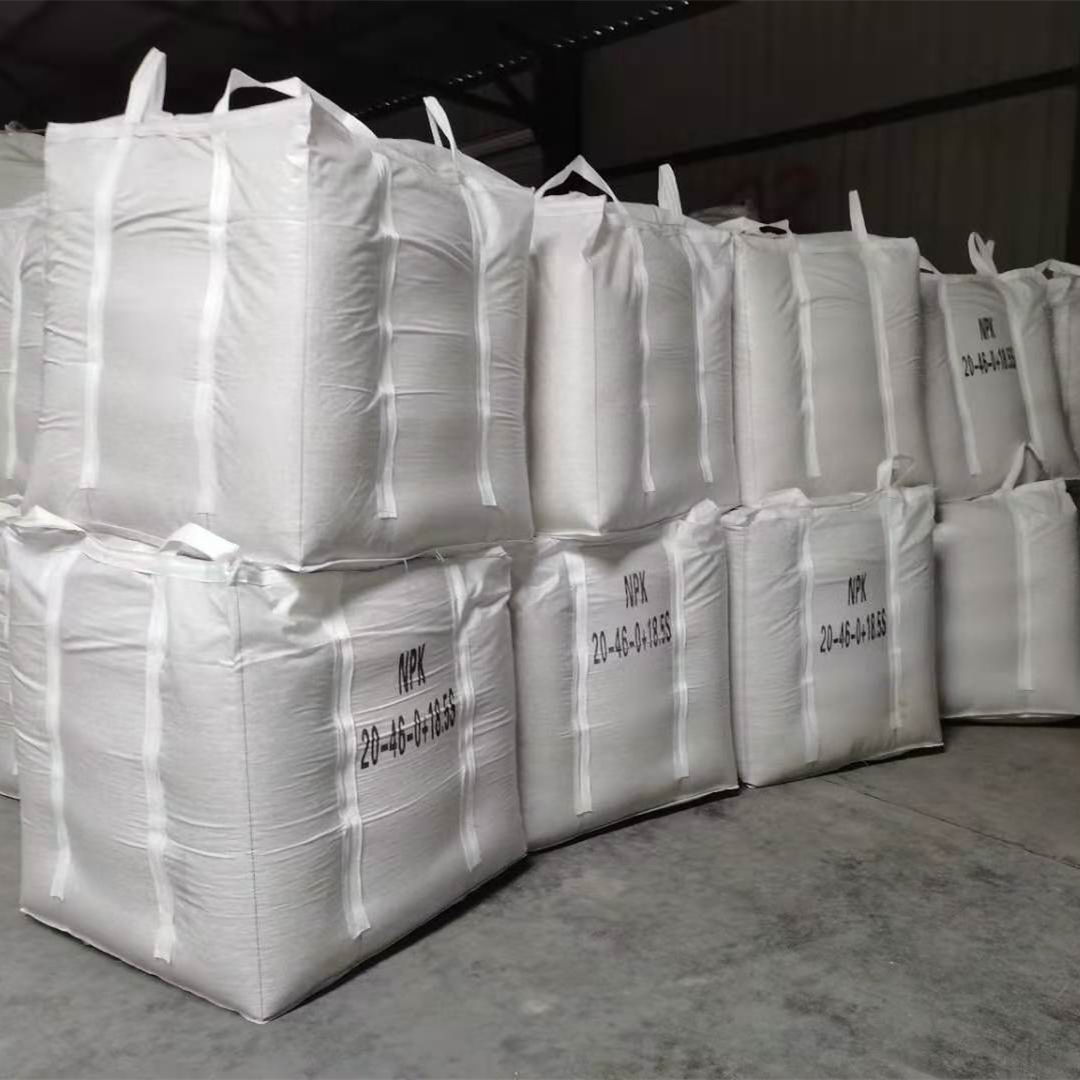
Aug . 03, 2024 02:34 Back to list
Leading Manufacturer of High-Quality Mono Potassium Phosphate for Agricultural and Industrial Applications
Monopotassium Phosphate An Overview of Its Production and Applications
Monopotassium phosphate (MKP), a vital chemical compound with the formula KH2PO4, is a highly soluble salt that plays an essential role in various industries. Commonly used as a fertilizer in agriculture, as well as in food and beverage production, MKP is manufactured by several producers around the globe. As the demand for high-quality fertilizers and food additives increases, understanding the manufacturing processes and applications of monopotassium phosphate is crucial for both consumers and manufacturers alike.
Manufacturing Process
The production of monopotassium phosphate typically starts with the raw materials phosphoric acid and potassium hydroxide or potassium chloride. The manufacturing process involves a neutralization reaction where phosphoric acid is mixed with potassium hydroxide. The reaction can be represented as follows
\[ H3PO4 + KOH \rightarrow KH2PO4 + H2O \]
This reaction yields monopotassium phosphate and water
. The solution is then concentrated through evaporation, allowing for the crystallization of MKP. Once crystallized, the product is filtered, washed, and dried before being packaged for distribution.Notably, reputable manufacturers ensure that their production processes adhere to stringent quality control measures. They often operate under guidelines set by regulatory agencies to guarantee that the MKP produced is free from contaminants and meets the desired specifications for purity and solubility.
mono potassium phosphate manufacturer

Applications in Agriculture
In the agricultural sector, monopotassium phosphate is recognized for its dual role as a nutrient source for plants. It consists of essential elements such as potassium and phosphorus, which are vital for plant growth and development. MKP is particularly admired for its high solubility in water, making it ideal for fertigation (the application of fertilizers through irrigation systems).
Farmers utilize MKP to enhance crop yield and improve fruit quality. Unlike traditional fertilizers that may contain slower-release nutrients, MKP provides immediate access to crucial nutrients, leading to quicker plant uptake. This makes monopotassium phosphate especially useful in promoting root development, flowering, and fruiting stages of crop growth. Additionally, its balanced nutrient profile contributes to overall plant health and resilience against pests and diseases.
Role in Food and Beverage Industry
Beyond agriculture, monopotassium phosphate serves as a food additive. It is recognized as a safe and effective ingredient by food safety authorities, being utilized in various food products to enhance texture, maintain moisture, and improve flavor. In dairy products, MKP is often employed to stabilize emulsions and improve the quality of processed cheese. Additionally, it acts as a buffering agent in beverages, helping to control acidity levels and ensuring a consistent flavor profile.
Conclusion
The importance of monopotassium phosphate in both agriculture and the food industry cannot be overstated. With a growing focus on sustainable agriculture and high-quality food production, the demand for this versatile compound is expected to remain strong. Manufacturers of MKP play a pivotal role in meeting these needs, employing advanced production techniques to ensure a reliable supply of this essential nutrient. As industries continue to evolve, the significance of monopotassium phosphate as a key ingredient will undoubtedly persist, highlighting the critical connection between production practices and product applications.
-
Organic 10-10-10 Fertilizer | Balanced Plant Nutrients
NewsJul.31,2025
-
Premium Amino Acid Fertilizer | Rapid Plant Growth Booster
NewsJul.31,2025
-
10 10 10 Fertilizer Organic—Balanced NPK for All Plants
NewsJul.30,2025
-
Premium 10 10 10 Fertilizer Organic for Balanced Plant Growth
NewsJul.29,2025
-
Premium 10 10 10 Fertilizer Organic for Balanced Plant Growth
NewsJul.29,2025
-
Premium 10 10 10 Fertilizer Organic for Balanced Plant Growth
NewsJul.29,2025
